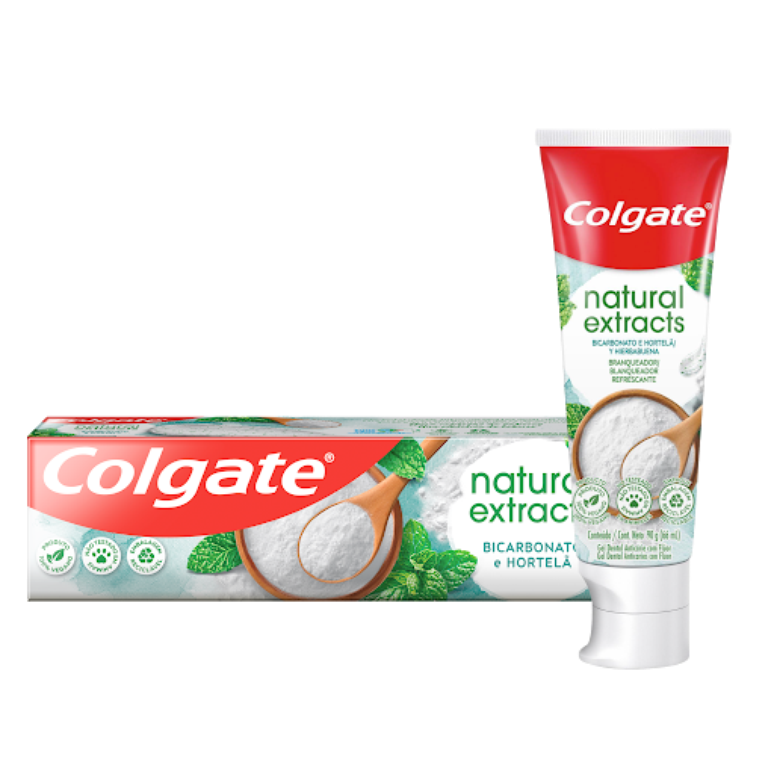Proteins, carbohydrates and healthy fats can speed up post-workout recovery and ensure muscle health
Food is an important ally when it comes to muscle recovery. After an intense training session, the body needs specific nutrients to repair damage to muscle fibers and promote growth. Knowing what foods to consume can speed up this process and prevent future injuries.
According to cardiologist and nutrition specialist Annibal Barros Junior, proteins are crucial in muscle recovery. Protein sources such as eggs, chicken breast, fish and legumes are highly recommended by the specialist.
Other proteins that can help with muscle recovery:
- Whey protein (whey protein): It is one of the most rapidly absorbed proteins in the body, making it ideal for post-workout. Rich in essential amino acids, especially leucine, it promotes muscle synthesis and rapid recovery.
- Casein: Also derived from milk, casein is absorbed more slowly, making it useful for providing a steady flow of amino acids to muscles over several hours. It is ideal to consume before bedtime, helping night recovery.
- Vegetable proteins (soy, peas, chickpeas, quinoa): For vegans or vegetarians, these proteins are great alternatives. The combination of different plant sources guarantees the complete amino acid profile necessary for recovery.
Carbohydrates restore energy
In addition to proteins, carbohydrates play a crucial role in this process. The expert emphasizes that consuming carbohydrates after training is important to restore lost energy and facilitate recovery. Some of the fundamental carbohydrates to promote muscle recovery are:
- Sweet Potato: Rich in complex carbohydrates, vitamins and minerals, sweet potatoes are an excellent source of energy to gradually replenish muscle glycogen, as well as being rich in antioxidants, which aid muscle recovery.
- Brown rice: It contains complex carbohydrates, fiber and B vitamins, which help provide energy and aid metabolic function, as well as contributing to slower, more stable digestion.
- Oats: Rich in fiber and slow-digesting carbohydrates, oats release energy gradually, promoting continuous recovery. It also contains small amounts of protein, which complements muscle recovery.
- Banana: A quick source of carbohydrates and potassium, bananas are ideal for post-workout, as they help quickly replenish glycogen levels and balance electrolytes, preventing muscle cramps.
- Wholemeal bread: It offers a good amount of complex carbohydrates and fibre, helping to replenish muscle glycogen in a lasting way. It can also be combined with protein to optimize recovery.
- Quinoa: Although it is rich in protein, quinoa is also an excellent source of complex carbohydrates and fiber, as well as being a gluten-free option and rich in nutrients such as iron and magnesium, which aid muscle recovery.
- Dried fruit (such as apricots, raisins and dates): They are quick and convenient sources of simple carbohydrates that help replenish glycogen stores efficiently, as well as being rich in fiber and antioxidants.
- Watermelon: It contains simple carbohydrates and large amounts of water, aiding in both energy replenishment and hydration. It’s also a good source of antioxidants like lycopene, which can reduce muscle inflammation.
- English potato: Similar to sweet potatoes, it is an excellent source of simple carbohydrates that are quickly converted into glycogen, aiding recovery after strenuous exercise.
Good fats are welcome
Another nutrient that deserves attention is good fats that help reduce inflammation. “Healthy fats help modulate the body’s inflammatory response after intense exercise, speeding up the recovery process,” adds the cardiologist. Among these:
- Flax seeds and chia seeds: These seeds are excellent plant sources of omega-3. They also provide fiber and antioxidants, which help reduce inflammation and promote overall health.
- Extra virgin olive oil: Rich in monounsaturated fatty acids, olive oil is one of the healthiest fats. Contains polyphenols with anti-inflammatory properties that may help reduce chronic inflammation and protect against cardiovascular disease.
- Avocado: It contains monounsaturated fats and anti-inflammatory compounds like vitamin E. In addition to reducing inflammation, avocado is a rich source of fiber and antioxidants that promote overall health.
- Nuts: Nuts, especially pecans and walnuts, are rich in plant-based omega-3 fatty acids. They have anti-inflammatory and antioxidant properties that help fight chronic inflammation in the body.
- Coconut oil: It contains medium chain triglycerides (MCTs) which can help reduce inflammation, especially in the digestive tract. Although it is a source of saturated fat, studies suggest that coconut oil has moderate anti-inflammatory effects when consumed in a balanced manner.
- Pumpkin and sunflower seeds: They are rich in omega-6 fatty acids, but in a form that, when consumed in moderation and with other healthy fats, can have anti-inflammatory effects. Additionally, they are sources of magnesium and zinc, which also help regulate inflammation.
- Almonds and cashews: These nuts are sources of monounsaturated fatty acids and vitamin E, a powerful antioxidant that helps reduce inflammation and improves skin and joint health.
- Flaxseed oil: An excellent plant-based source of omega-3s, flaxseed oil helps reduce inflammation and improve cardiovascular health. It is a good option for those following vegetarian or vegan diets.
- Sesame and sesame oil: Rich in polyunsaturated fatty acids, especially omega-6, sesame oil also contains antioxidants such as sesamin, which has anti-inflammatory properties.
Micronutrients cannot be forgotten
A diet rich in micronutrients is essential for good muscle function and to ensure proper recovery of the body, says the doctor. Among the main micronutrients essential for muscle health we find:
- Magnesium: Essential for muscle contraction and relaxation, magnesium also helps prevent muscle cramps and pain. Regulates calcium levels in muscle cells and contributes to energy production. Sources: spinach, almonds, avocado, pumpkin seeds.
- Soccer: Important for muscle contraction, calcium activates proteins responsible for muscle movement. It is also essential for bone health, which supports muscles. Sources: milk and dairy products, broccoli, sardines.
- Vitamin D: Vitamin D is critical for the absorption of calcium and phosphorus, which contributes to muscle function and strength. Low levels of vitamin D can lead to muscle weakness. Sources: sun exposure, fatty fish, eggs, liver.
- Potassium: Essential for electrolyte balance, potassium helps regulate muscle contraction and nerve function. It is also important to prevent cramps. Sources: bananas, sweet potatoes, spinach, avocado.
- Sodium: Along with potassium, sodium is an electrolyte that helps balance fluids in the body and is essential for the transmission of nerve signals and muscle contraction. Sources: table salt, processed foods (but in moderation).
- Encounter: It works together with calcium to keep bones strong and support energy production in muscles. Sources: meat, fish, dairy, seeds and nuts.
- Vitamin C: Important for the synthesis of collagen, which contributes to the health of the tendons and ligaments that connect muscles to bones. Additionally, vitamin C has antioxidant properties that aid muscle recovery. Sources: citrus fruits, strawberries, broccoli.
- Vitamin B12: Essential for the production of red blood cells and protein metabolism, vitamin B12 also contributes to the health of the nerves, responsible for activating muscles. Sources: red meat, eggs, dairy products, fish.
- Zinc: Important for muscle recovery and the immune system, zinc helps repair damaged tissue and is essential for protein synthesis. Sources: beef, pumpkin seeds, nuts.
- Vitamin E: A powerful antioxidant that protects muscle cells from damage caused by free radicals, aiding muscle recovery and preventing fatigue. Sources: almonds, sunflower seed oil, avocado.
- Iron: Essential for transporting oxygen to the muscles through hemoglobin. Iron also plays a role in muscle energy production. Sources: red meat, beans, spinach.
- Selenium: It acts as an antioxidant, protecting muscles from oxidative stress, which can cause inflammation and muscle damage. Sources: Brazil nuts, seafood, whole grains.
Medical follow-up is essential
The specialist also highlights the importance of medical monitoring to ensure that levels of essential nutrients are always adequate in the body. In addition, nutrition must be planned individually, taking into account the specific needs of each person.
“It’s not just a matter of eating, but of choosing the right foods and consuming them at the right times,” he concludes.

8 foods to eat before and after weight training
Source: Terra
Ben Stock is a lifestyle journalist and author at Gossipify. He writes about topics such as health, wellness, travel, food and home decor. He provides practical advice and inspiration to improve well-being, keeps readers up to date with latest lifestyle news and trends, known for his engaging writing style, in-depth analysis and unique perspectives.








